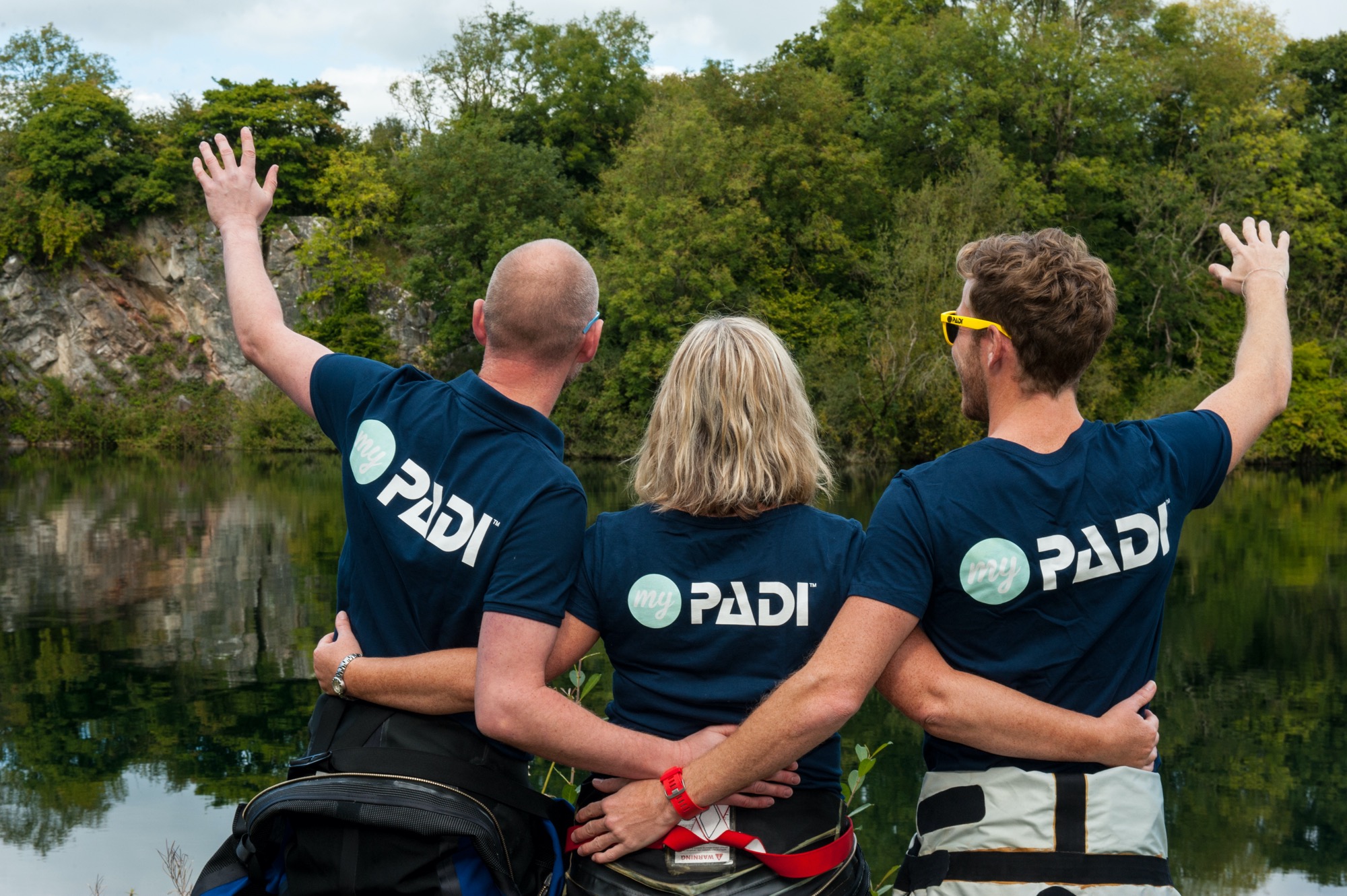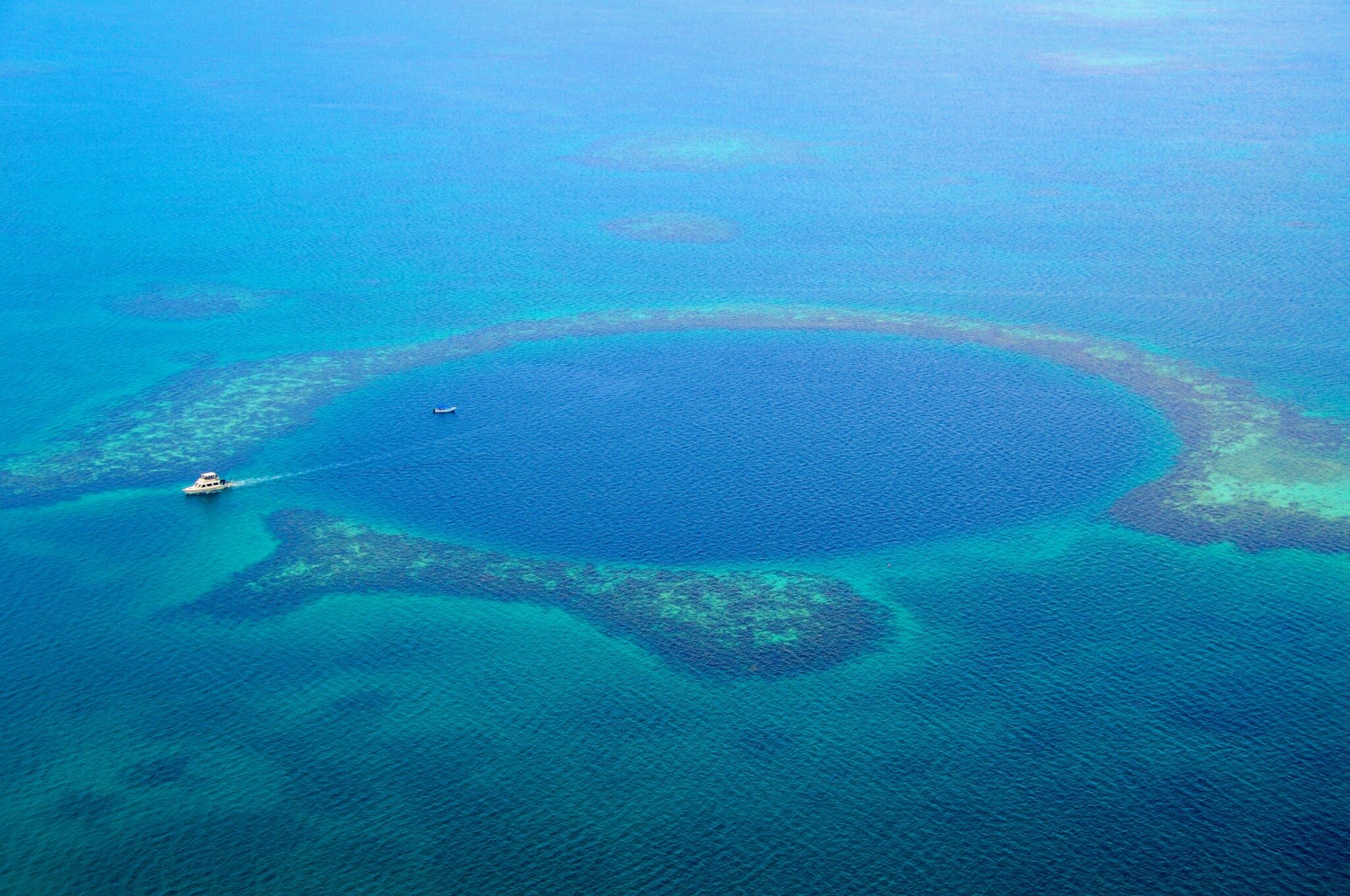This sounds like comparing the Wright brothers and all the early pioneers of aviation with today's pilots and flying standards. If you've got the money, you would easily get your pilots licence by progressing through a standardised set of courses. All of that training was simply not available to the early aviators.I learned diving from the book "The silent world".
Cousteau , Emile Gagnan , Dumas were my heroes .
But were they giants ?
I was soon able to reach her freediving limits. Gigants have much other limits .
In terms of technology, Cousteau did not come up with the simple and logical solution of the one way valve on the diver for the Fernez aparatus and Emile Gagnan's first protptype had the diaphragm in the wrong position and the exhalation valve far away from it . Gigant's ? shure no .
But they showed you a way to dive and that's why they were my hero's
Similarly the flying machines nowadays have very little in common with the early wooden aircraft aside from the basic physics. Contemporary aircraft and technology is type-approved with no modifications allowed. Navigation is no longer an issue with the advent of GPS and advanced mapping. Similarly the cockpit equipment available on the most basic of modern aircraft wasn't available to the pioneers.
Diving's like that. Roll up, roll up, pay a dollar in and take a course. It's pretty safe and well controlled. Similarly the equipment which is type approved, even if it is a CE approval. Tanks, regulators and even BCDs are tested. Computers work out your deco obligation as you go. Reliable decompression and oxygen toxicity planners are available.
Moving to deeper+longer+overheads is a simple progression. Courses are available, so many people want to sell you suitable equipment too. You don't need to be an explorer, just commit a few hundred hours and you're sorted. Not forgetting to pay the $$$$$s for the kit and caboodle.
Why are cavediving, technical diving and wreck diving so popular today?
Doesn't that also have to do with the challenge ?
One likes a 6 hour cave dive with 4 hours deco, another gets high on a short air deep.
Neither is really safe.
Cave diving is pretty safe if you follow the rules and use your learned skills and experience. Similarly deep diving using CCR with mixed gases. Main thing for both is the money required to acquire the skills and equipment, then practice to develop the knowledge and experience.
It's pretty safe, although when things go wrong, it may well result in injury and death. However, this will be proportionately considerably lower than that of the time of the pioneers.





